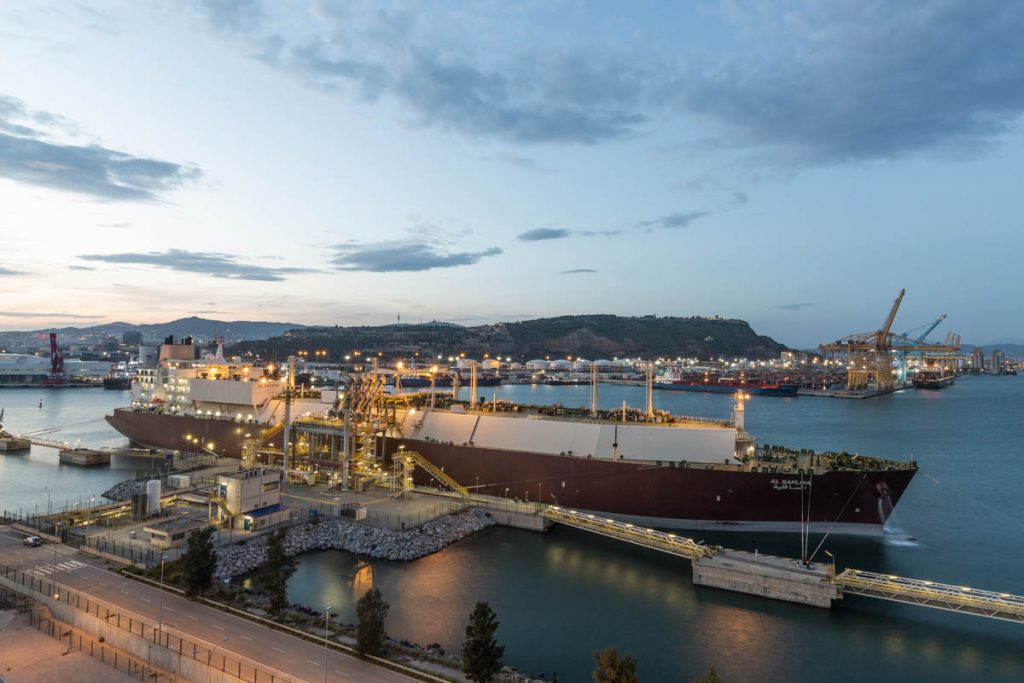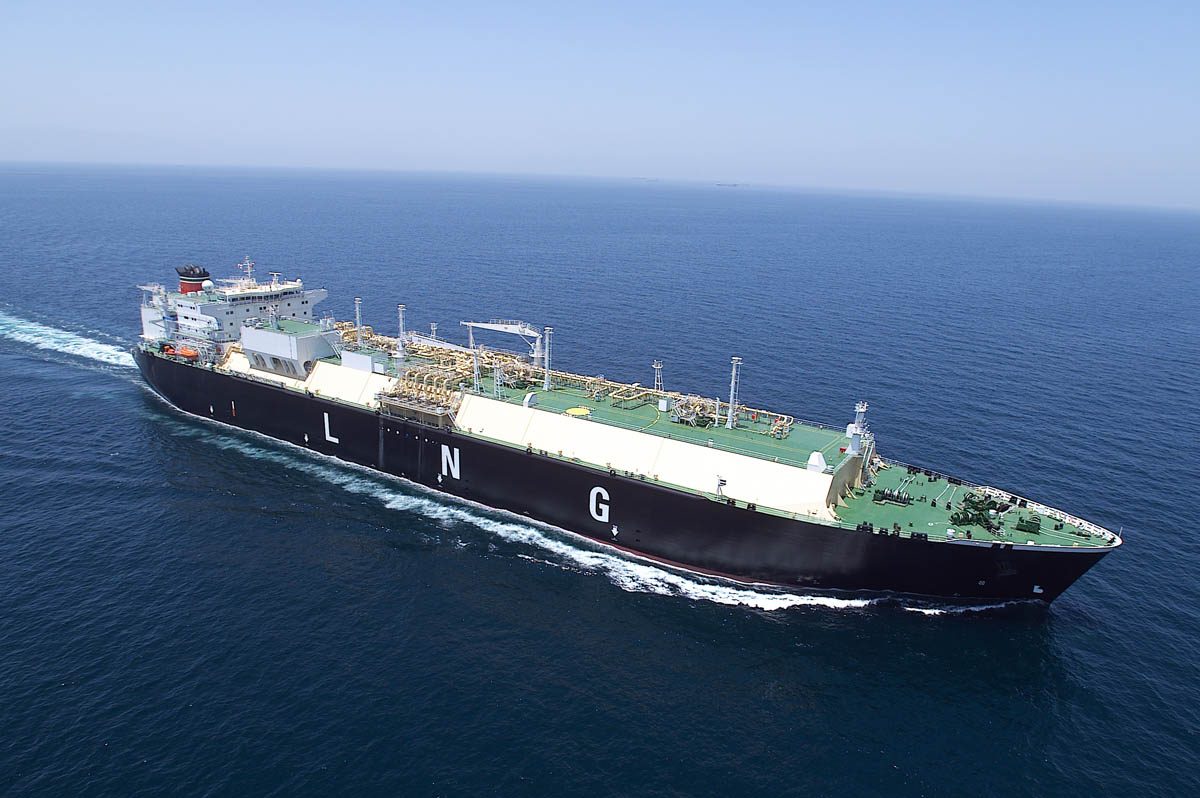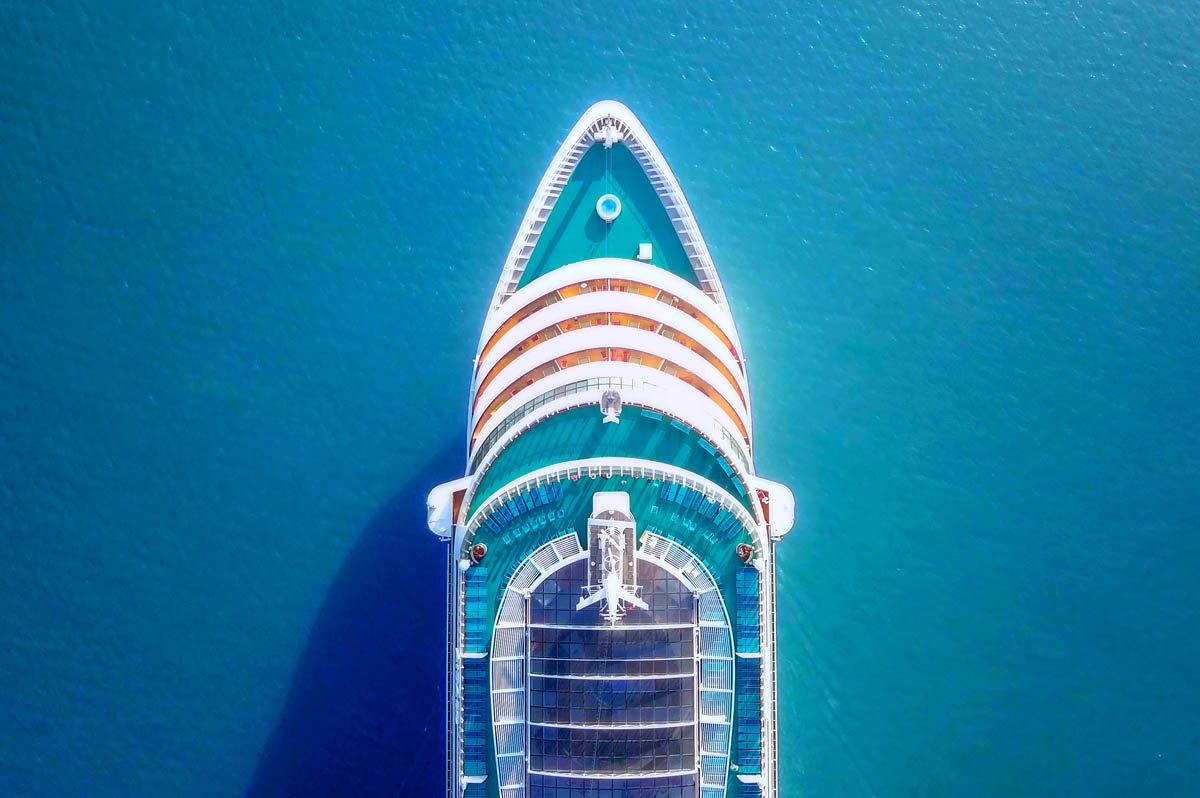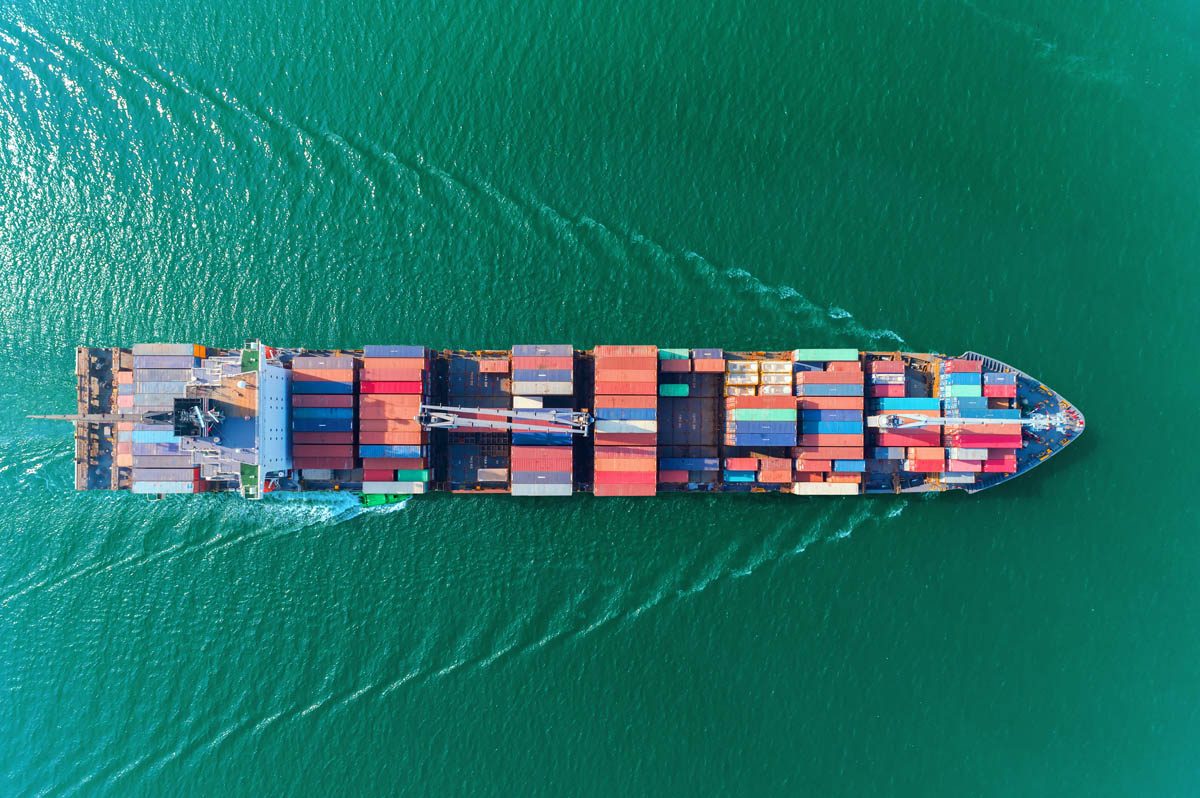BSM further builds on its LNG ship management capabilities to capitalise on the continued upward momentum in the natural gas market.
One fine Wednesday afternoon in June, Theophanis Theophanous, Managing Director of BSM Hellas, was enthusiastic to share the latest news from the BSM shipmanagement centre in Greece.
Grinning cheerfully, Theophanis revealed that building on the LNG experience gained since taking the first LNG vessel into management in 2013, BSM Hellas will have technical and crew management of over 15 LNG carriers by the end of 2021. “Business is good,” he added.
The LNG business environment is indeed upbeat and mirrored across BSM locations with natural gas know-how as the global market continues to gain more traction.
Decarbonisation as main growth driver
A key element in the growing attention and shift to LNG is the mounting pressure to decarbonise maritime shipping through industry-sanctioned emission restrictions.
Having been in the gas carrier business for more than 50 years, the Schulte Group has seen how LNG evolved from being a regular energy source to becoming the marine fuel of choice. It has also witnessed the developments in the industry, with LNG shipping playing an integral role fin the natural gas value chain.
BSM has established its market leadership in LNG ship and crew management through its ship management centres in Greece, Germany, and the British Isles.
Managing Director, Neil McNeil, of BSM British Isles said that there is a 50% projected LNG fleet growth by 2030. This does not include LNG-fuelled ships like cruise, ferries, tankers, the bunkering or dry sectors. McNeil said BSM British Isles was recently awarded its third dual-fuel chemical tanker and all these activities are pointing “towards a more lucrative and sustainable LNG future.”
 Raising the safety bar high
Raising the safety bar high
BSM’s LNG ship management capabilities were further strengthened in 2018 with the acquisition of Pronav, third-party ship and crew manager specialising in large LNG carriers highly ranked by energy majors, LNG charterers and terminals throughout the world.
Pronav Managing Director, Martin Roolvink, said that being in the LNG business calls for safety and quality throughout operations, owing to the special handling and storage requirements of this gas commodity. The industry certainly raised the bar high due to its track record in safety and operational excellence.
As such, Martin said that the industry continuously demands for highly skilled crew at sea and on shore. With the latest LNG vessel engines, systems, and equipment and the anticipated LNG fleet growth within the decade, training and development of crew members will become even more important.
Read a related LNG training article, “Building tomorrow’s LNG talent pipeline today”.
Rewarding career
According to Martin, a seafaring career in the LNG industry is particularly attractive not only for its competitive wages but also because it is technically challenging and rewarding.
Training is vital in achieving a successful career in the LNG industry, said Theophanis. “I believe that ships are only as good as the crew members who sail on them. LNG ships are expensive types of vessels and so they deserve to have only the best, the crème de la crème of crew members,” he added.









